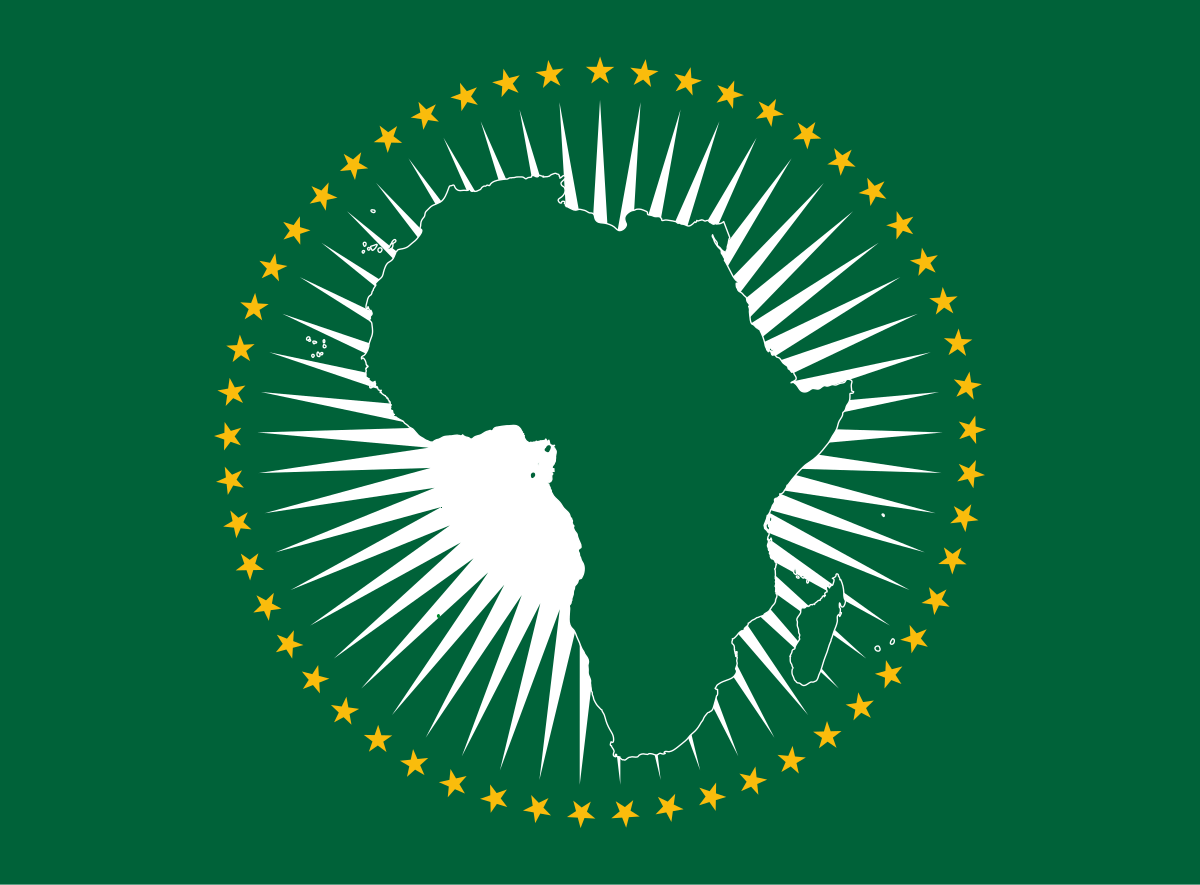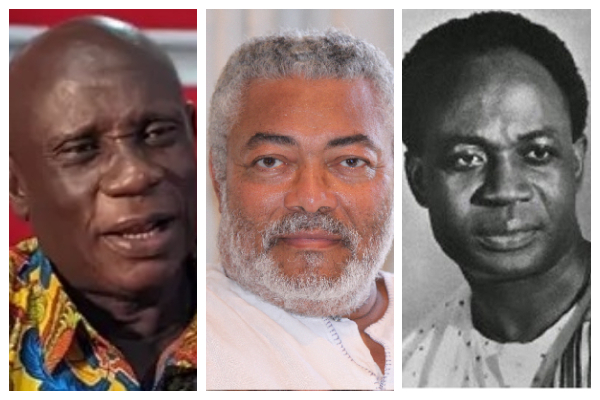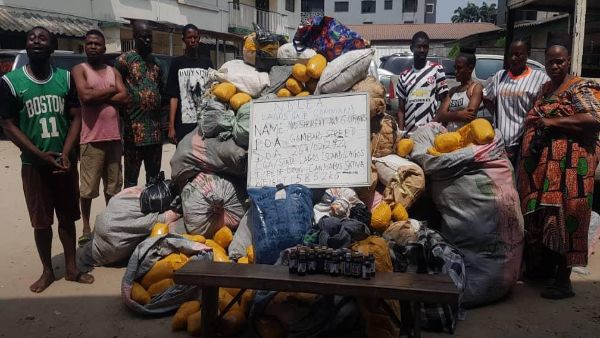Ghana urged to ease impact of US tariffs on Exporters

In light of the recent imposition of a 10 percent tariff by the United States on selected Ghanaian exports, Professor William Baah-Boateng, an economist at the University of Ghana, has advised the government to consider absorbing a portion of the tariff to mitigate its impact on local businesses. According to Prof. Baah-Boateng, this intervention would serve as a short-term buffer for exporters, allowing time for more comprehensive solutions to the challenges plaguing Ghana's export sector.
Speaking in an interview with JoyNews on Friday, April 5, 2025, Prof. Baah-Boateng acknowledged that while the tariff is less severe compared to those imposed on countries such as China and Canada, its potential repercussions on Ghanaian exporters should not be disregarded. He proposed, "If indeed this tariff is something that is going to worry us, can we absorb part of it so that at least when it goes out there it will not be sold at a higher price?"
The US government's decision to impose a 10 percent tariff on a range of imported goods, including agricultural produce from several African nations, has raised concerns among Ghanaian exporters about the potential erosion of their competitive edge. While the tariff itself presents a challenge, Prof. Baah-Boateng emphasized that delays at Ghana's ports and other systemic issues within the export framework often contribute more significantly to elevated production costs.
He specifically highlighted the lengthy waiting times encountered by transporters at the ports as a critical issue that the government should address to alleviate costs for exporters. "For instance, if you are in Koforidua and you are exporting gari to the US, and the car that you rented is going to spend about three, four days there, can we do something to minimise those bottlenecks so that the car will just spend one day and then the goods will get out?" he questioned.
Prof. Baah-Boateng argued that resolving these bottlenecks would likely have a more substantial impact on reducing costs for businesses than mitigating the 10 percent tariff. He urged the Ministry of Trade and Industry and other relevant state institutions to maintain open lines of communication with exporters to prevent unnecessary panic. "I expect the Ministry of Trade and Agribusiness to come in and assure us because they have the figures. They will be able to know how the effect will be, that it is not rocket science," he stated.
Furthermore, Prof. Baah-Boateng cautioned against creating undue alarm over the tariff, emphasizing that Ghana's situation is considerably less dire than that of some other countries. "We are not Canada, where we’ve been slapped with over 50 percent. We are not China, where we have in excess of 50 percent. We have the 10 percent. Let’s be sober so that we will not panic," he advised.
In response to the tariff, Prof. Baah-Boateng advised against any hasty attempts by Ghana to enter into a bilateral free trade agreement with the US. Instead, he suggested that Ghana would be better served by working through regional bodies such as the African Union to strengthen its bargaining position in global trade negotiations.











